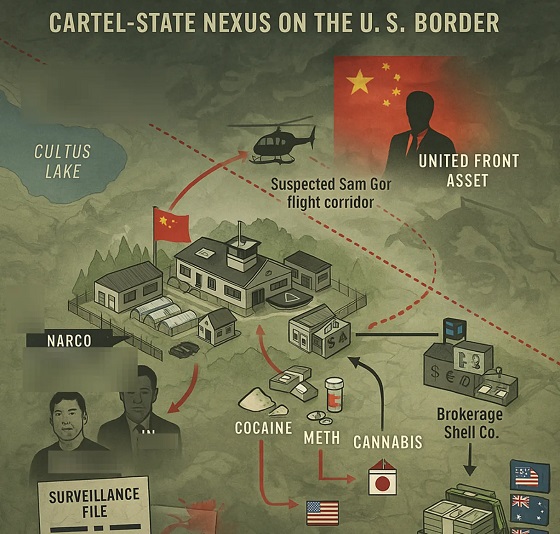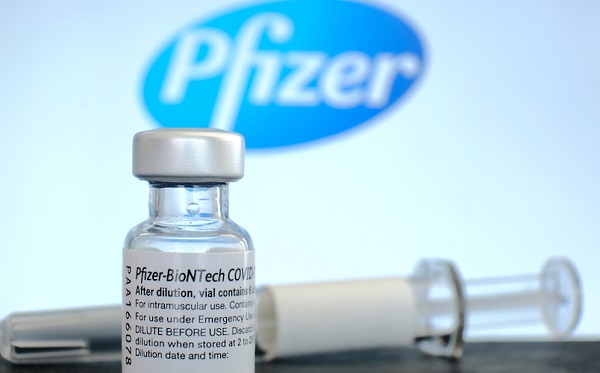Automotive
State: 1 in 5 charge failures a ‘substantial risk’ to Washington’s EV strategy
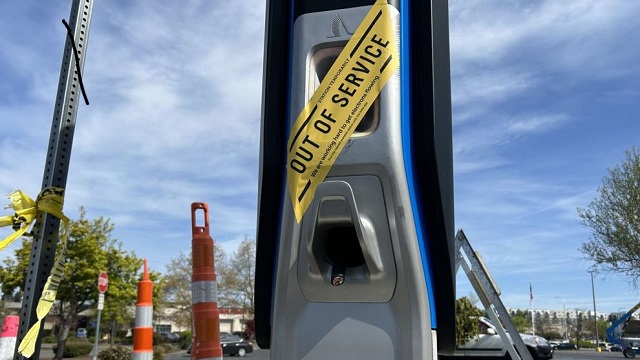
From The Center Square
By TJ Martinell
The Harvard study also noted a lack of public charging ports in regions of Washington such as Ferry County, where the county’s only existing public charging port has been removed. It’s a problem the Harvard study attributes to a lack of EV car sales.
Washington state’s goal of shifting the transportation sector away from fossil fuels and toward electrification is at “substantial risk” due to the documented unreliability of public charging stations, according to a state electric vehicle council.
Per a state law, the sale and registration of fossil fuel vehicles made in 2030 or after will be illegal in Washington. To make the use of EVs feasible, the state will need to have fast-charging electric vehicle ports every 50 miles across the state highway state, and 3 million total in both public and private charging ports.
But, there’s a catch.
The estimate assumes every one of the public charging ports will be functional.
Meanwhile, one out of every five attempted charges at a public port fails, according to a Harvard-led study. Released in June, the study found that just 78% of attempted charges at the nation’s roughly 64,000 public port succeeds, making them less reliable than gas stations.
“Imagine if you go to a traditional gas station and two out of 10 times the pumps are out of order,” scholar Omar Asensio said in a news release.
Asensio is the climate fellow at Harvard Business School’s Institute for the Study of Business in Global Society, or BiGS, and led the study.
The Harvard study also noted a lack of public charging ports in regions of Washington such as Ferry County, where the county’s only existing public charging port has been removed. It’s a problem the Harvard study attributes to a lack of EV car sales.
The one in five failure rate could prove to be a logistical challenge for the state EV Coordinating Council, which is tasked with creating the electrification strategy for the state’s transportation sector, with public charging ports a key aspect of that strategy.
The state Legislature has already invested $184 million for passenger EV charging to build 752 fast charging ports, while additional federal funding is expected to bring the total to 1,019 fast charging ports; the state currently has 1,283 fast charging ports in presumed operation.
The council’s Transportation Electrification Strategy estimates there will need to be 3,030 public fast charging ports for light-duty vehicles by 2025; the council estimates that there will need to be 728 private ports to meet EV charging demand.
However, in an Aug. 6 draft proposal under development by the Washington State Department of Commerce’s Clean Transportation Unit, it states that the failure rate means “the state would need to overbuild total ports to reach the targets.
“Public fast charging investments and reliability need stronger improvement,” the proposal goes on to say. “For consumers without experience using an EV, it is often not clear that most charging takes place at home unless such access is not feasible or driving exceeds 150-200 miles each day. This makes public charging convenience and reliability a key component of public willingness to make the transition to electric.”
However, the draft proposal adds that “beyond ensuring there’s sufficient public charging access to support EV adoption, unreliable public charging is a substantial risk to adoption if not urgently improved. Reliability is especially key because there was no reliability factor assumed, meaning a port needed is assumed to be a port that functions.”
The current draft proposal seeks $103 million for the 2025-27 operating budget, $90 million of which would fund an ongoing EV rebate program that started earlier this month.
The Department of Commerce is currently soliciting public feedback on the draft proposal through a survey that is open through Aug. 16. The draft proposal is ultimately due to the Governor’s Office by Sept. 10.
TJ Martinell
Staff Reporter
Automotive
New federal government should pull the plug on Canada’s EV revolution

From the Fraser Institute
During his victory speech Monday night, Prime Minister Mark Carney repeated one of his favourite campaign slogans and vowed to make Canada a “clean energy superpower.” So, Canadians can expect Ottawa to “invest” more taxpayer money in “clean energy” projects including electric vehicles (EVs), the revolutionary transportation technology that’s been ready to replace internal combustion since 1901 yet still requires government subsidies.
It’s a good time for a little historical review. In 2012 south of the border, the Obama administration poured massive subsidies into companies peddling green tech, only to see a vast swath go belly up including Solyndra, would-be maker of advanced solar panels, which failed so spectacularly CNN called the company the “poster child for well-meaning government policy gone bad.”
One might think that such a spectacular failure might have served as a cautionary tale for today’s politicians. But one would be wrong. Even as the EV transition slammed into stiff headwinds, the Trudeau government and Ontario’s Ford government poured $5 billion in subsidies into Honda to build an EV battery plant and manufacture EVs in Ontario. That “investment” came on top of a long list of other “investments” including $15 billion for Stellantis and LG Energy Solution; $13 billion for Volkswagen (or $16.3 billion, per the Parliamentary Budget Officer), a combined $4.24 billion (federal/Quebec split) to Northvolt, a Swedish battery maker, and a combined $644 million (federal/Quebec split) to Ford Motor Company to build a cathode manufacturing plant in Quebec.
How’s all that working out? Not great.
“Projects announced for Canada’s EV supply chain are in various states of operation, and many remain years away from production,” notes automotive/natural resource reporter Gabriel Friedman, writing in the Financial Post. “Of the four multibillion-dollar battery cell manufacturing plants announced for Canada, only one—a joint venture known as NextStar Energy Inc. between South Korea’s LG Energy Solution Ltd. and European automaker Stellantis NV—progressed into even the construction phase.”
In 2023, Volkswagen said it would invest $7 billion by 2030 to build a battery cell manufacturing complex in St. Thomas, Ontario. However, Friedman notes “construction of the VW plant is not scheduled to begin until this spring [2025] and initial cell production will not begin for years.” Or ever, if Donald Trump’s pledge to end U.S. government support for a broad EV transition comes to pass.
In the meantime, other elements of Canada’s “clean tech” future are also in doubt. In December 2024, Saint-Jérome, Que.-based Lion Electric Co., which had received $100 million in provincial and government support to assemble batteries in Canada for electric school buses and trucks, said it would file for bankruptcy in the United States and creditor protection in Canada. And Ford Motor Company last summer scrapped its planned EV assembly plant in Oakville, Ontario—after $640 million in federal and provincial support.
And of course, there’s Canada’s own poster-child-of-clean-tech-subsidy failure, Northvolt. According to the CBC, the Swedish battery manufacturer, with plans to build a $7 billion factory in Quebec, has declared bankruptcy in Sweden, though Northvolt claims that its North American operations are “solvent.” That’s cold comfort to some Quebec policymakers: “We’re going to be losing hundreds of millions of dollars in a bet that our government in Quebec made on a poorly negotiated investment,” said Parti Québécois MNA Pascal Paradis.
Elections often bring about change. If the Carney government wants to change course and avoid more clean-tech calamities, it should pull the plug on the EV revolution and avoid any more electro-boondoggles.
Automotive
Major automakers push congress to block California’s 2035 EV mandate
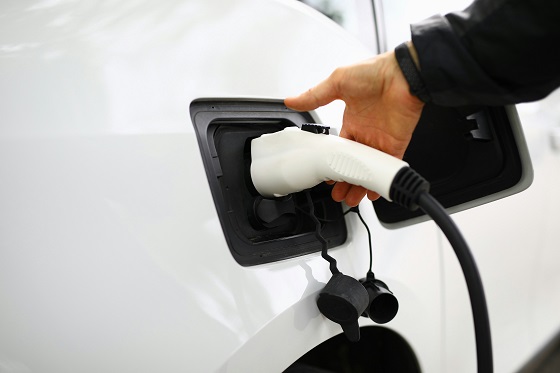
 MxM News
MxM News
Quick Hit:
Major automakers are urging Congress to intervene and halt California’s aggressive plan to eliminate gasoline-only vehicles by 2035. With the Biden-era EPA waiver empowering California and 11 other states to enforce the rule, automakers warn of immediate impacts on vehicle availability and consumer choice. The U.S. House is preparing for a critical vote to determine if California’s sweeping environmental mandates will stand.
Key Details:
-
Automakers argue California’s rules will raise prices and limit consumer choices, especially amid high tariffs on auto imports.
-
The House is set to vote this week on repealing the EPA waiver that greenlit California’s mandate.
-
California’s regulations would require 35% of 2026 model year vehicles to be zero-emission, a figure manufacturers say is unrealistic.
Diving Deeper:
The Alliance for Automotive Innovation, representing industry giants such as General Motors, Toyota, Volkswagen, and Hyundai, issued a letter Monday warning Congress about the looming consequences of California’s radical environmental regulations. The automakers stressed that unless Congress acts swiftly, vehicle shipments across the country could be disrupted within months, forcing car companies to artificially limit sales of traditional vehicles to meet electric vehicle quotas.
California’s Air Resources Board rules have already spread to 11 other states—including New York, Massachusetts, and Oregon—together representing roughly 40% of the entire U.S. auto market. Despite repeated concerns from manufacturers, California officials have doubled down, insisting that their measures are essential for meeting lofty greenhouse gas reduction targets and combating smog. However, even some states like Maryland have recognized the impracticality of California’s timeline, opting to delay compliance.
A major legal hurdle complicates the path forward. The Government Accountability Office ruled in March that the EPA waiver issued under former President Joe Biden cannot be revoked under the Congressional Review Act, which requires only a simple Senate majority. This creates uncertainty over whether Congress can truly roll back California’s authority without more complex legislative action.
The House is also gearing up to tackle other elements of California’s environmental regime, including blocking the state from imposing stricter pollution standards on commercial trucks and halting its low-nitrogen oxide emissions regulations for heavy-duty vehicles. These moves reflect growing concerns that California’s progressive regulatory overreach is threatening national commerce and consumer choice.
Under California’s current rules, the state demands that 35% of light-duty vehicles for the 2026 model year be zero-emission, scaling up rapidly to 68% by 2030. Industry experts widely agree that these targets are disconnected from reality, given the current slow pace of electric vehicle adoption among the broader American public, particularly in rural and lower-income areas.
California first unveiled its plan in 2020, aiming to make at least 80% of new cars electric and the remainder plug-in hybrids by 2035. Now, under President Donald Trump’s leadership, the U.S. Transportation Department is working to undo the aggressive fuel economy regulations imposed during former President Joe Biden’s term, offering a much-needed course correction for an auto industry burdened by regulatory overreach.
As Congress debates, the larger question remains: Will America allow one state’s left-wing environmental ideology to dictate terms for the entire country’s auto industry?
-
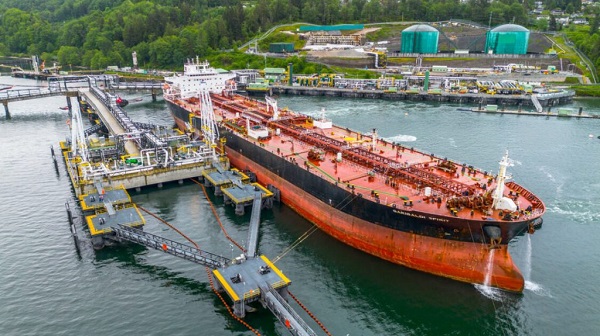
 Energy2 days ago
Energy2 days agoOil tankers in Vancouver are loading plenty, but they can load even more
-

 Alberta2 days ago
Alberta2 days agoEnergy projects occupy less than three per cent of Alberta’s oil sands region, report says
-

 Alberta2 days ago
Alberta2 days agoCharges laid in record cocaine seizure
-

 Energy2 days ago
Energy2 days agoCarney’s energy superpower rhetoric falls flat without policy certainty
-
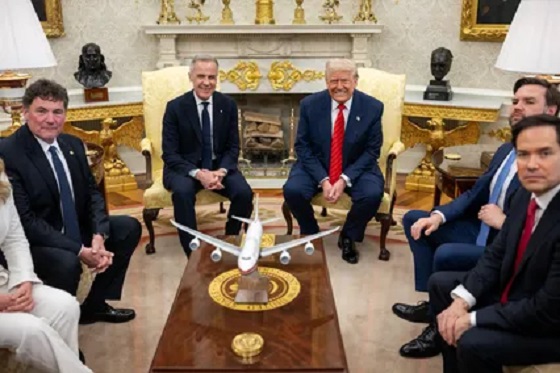
 conflict2 days ago
conflict2 days agoWATCH: U.S. ending bombing campaign on Yemeni militant group
-
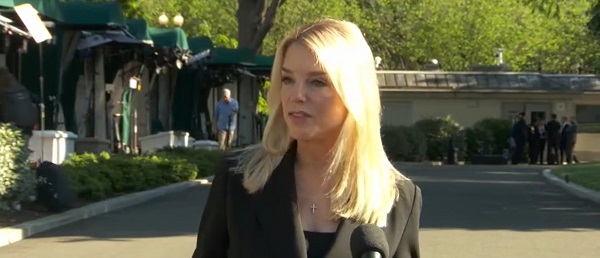
 Crime2 days ago
Crime2 days agoPam Bondi Reveals What The Holdup Is With Epstein File Release
-

 Business1 day ago
Business1 day agoInnovative Solutions Like This Plan To Provide Power For Data Centres Will Drive Natural Gas Demand For Decades
-
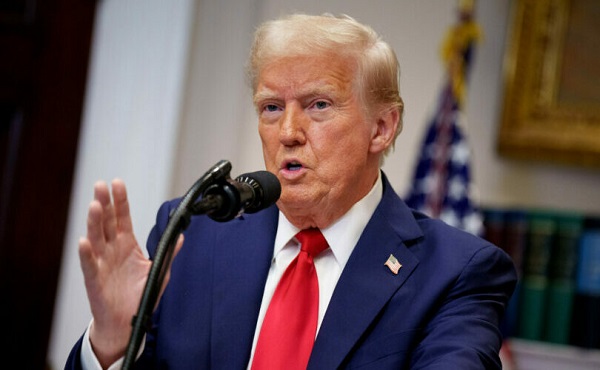
 Business13 hours ago
Business13 hours agoTrump announces UK will fast-track American products under new deal

